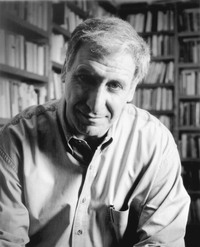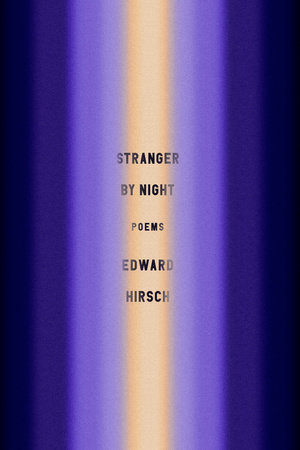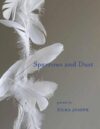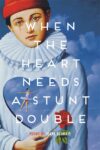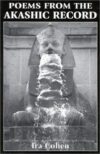In his seventieth year, the award-winning poet looks back on what was and accepts what is, in a deeply moving and beautiful sequence about what sustains him.
Beginning with “My Friends Don’t Get Buried,” the lament of a delinquent mourner as his friends have begun to die, and ending with the plaintive note to self “don’t write elegies/anymore,” Edward Hirsch takes us backward through the decades in these memory poems of startling immediacy. He recalls the black dress a lover wore when he couldn’t yet know the tragedy of her burning spirit; the radiance of an autumn day in Detroit when his students smoked outside, passionately discussing Shelley; the day he got off late from a railyard shift and missed an antiwar demonstration. There are direct and indirect elegies to lost contemporaries like Mark Strand, William Meredith, and, most especially, his longtime compatriot Philip Levine, whom he honors in several poems about daily work in the late mid-century Midwest. As the poet ages and begins to lose his peripheral vision, the world is “stranger by night,” but these elegant, heart-stirring poems shed light on a lifetime that inevitably contains both sorrow and joy. – Penguin Random House
With this tender and unflinching 10th collection, Hirsch (Gabriel) balances heartfelt elegy with a celebration of the everyday. In these 48 poems of sensory remembrance, any door might open on the past: “Yesterday I climbed the stairs/ and took the ‘L’/ to 1965 /where I was stuck/ in the heart/ of downtown Chicago.” While offering tributes to Mark Strand, William Meredith, and Phillip Levine, Hirsch’s speakers are ready to “let someone else/ stumble past the mausoleum/ and grieve/ under the calm shade.” Hirsch is interested in capturing ephemeral flashes of human vitality with a lyricism that rises from unadorned eyewitness. Yet his reportage is often framed in ironic negation: “Don’t hitchhike/ the Mediterranean coast/ of Algeria/ in the summer of 1971/ with only a worn copy/ of The Plague to guide you.” In another poem, he remembers a chance encounter with a skyscraper window washer (“I felt oddly gleeful/ when I saw him later/ coming off the job safely/ in street clothes, walking on ground”). While later poems address Hirsch’s loss of eyesight, giving resonance to the collection’s title, readers will be grateful the poet’s inner eye remains as observant and compassionate as ever. (Feb.) — Publishers Weekly
“Bring[s] new life to the elegy . . . Hirsch compresses molten emotions into spare, columnar lyrics ignited by exhilarating enjambments and cadences supple and musical . . . In singing, earthy, and soulful poems, Hirsch muses over age and the loss of friends, including fellow poets Philip Levine and Mark Strand . . . The poet also reaches back to his first hard-labor jobs, his teaching stints in coal country, and pilgrimages in Poland and Russia . . . Consummate, passionate, generous, and resplendent, Hirsch’s poems vanquish the static of our lives and guide us back to a place of contemplation and gratitude.” — Donna Seaman, Booklist
Hardback. 80 pp. 6×9 in. Alfred Knopf Publishing.
